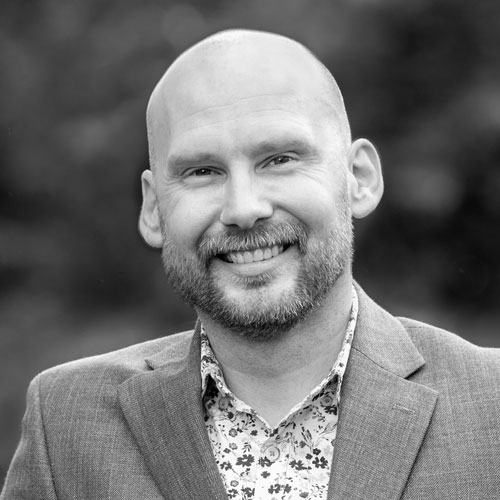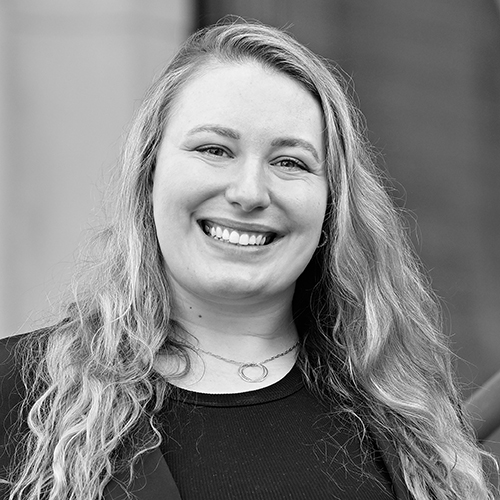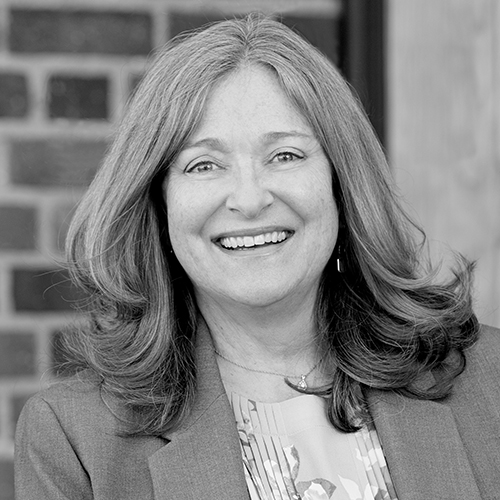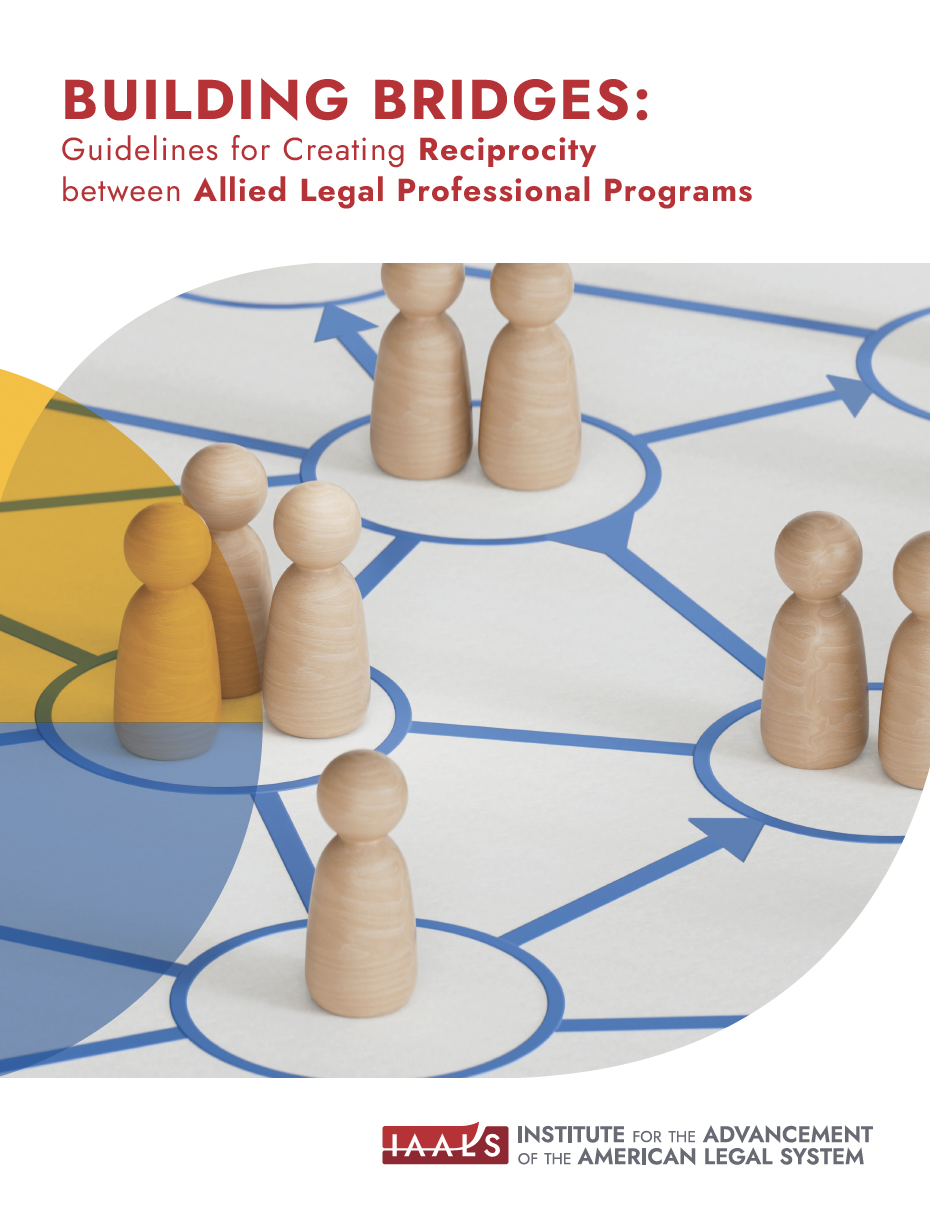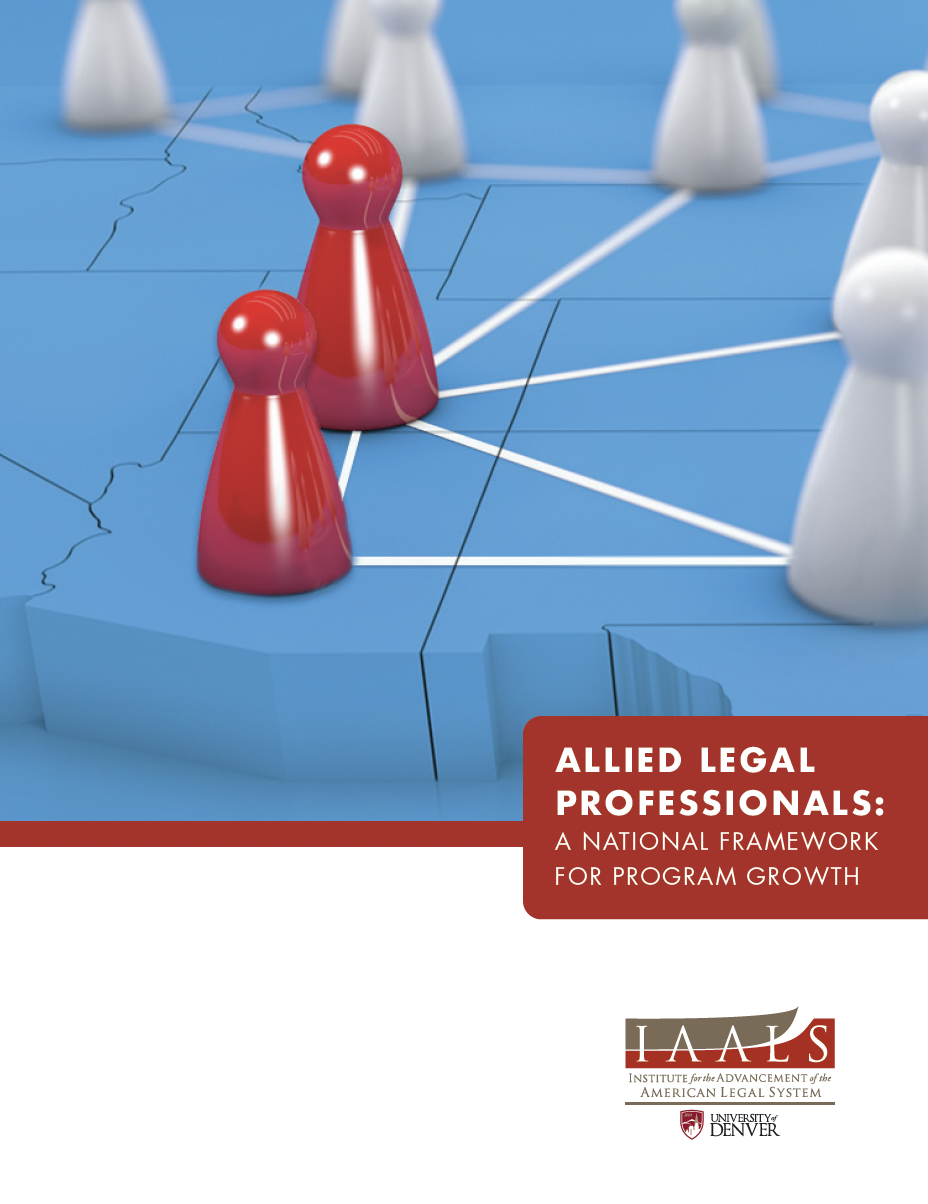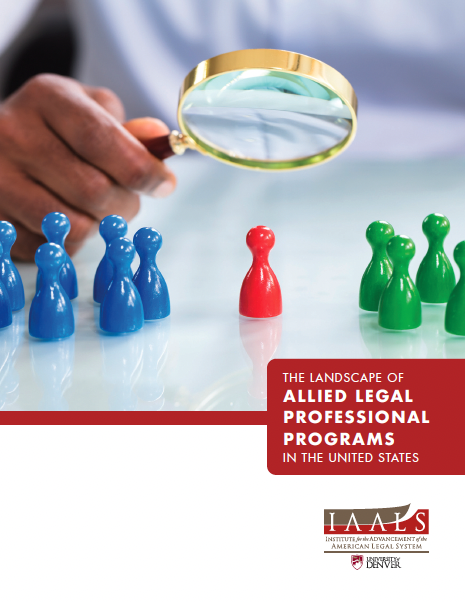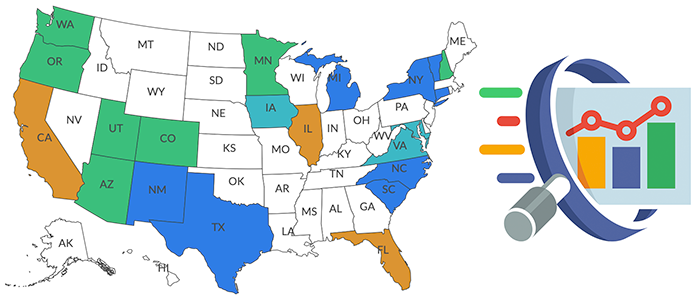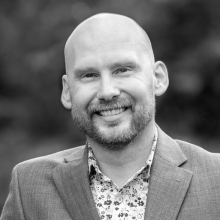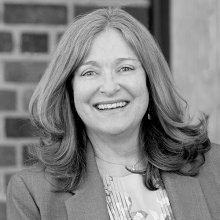Up and down the income scale, the legal needs of Americans are going unmet. The inability to afford a lawyer, among other factors, has led to ballooning rates of self-representation in our justice system, with over 70 percent of civil and family cases including a party without a lawyer. People in these situations are not only facing life-altering challenges alone—like child custody hearings or landlord/tenant issues—they also face disproportionately bad outcomes in their cases. Allied legal professionals hold a key to bringing more accessible and affordable legal help where it is needed most. Like nurse practitioners working alongside doctors, these legal professionals work alongside lawyers and are beginning to show great potential for lower-cost, excellent public service—and IAALS’ Allied Legal Professionals project is working to standardize and grow these successful programs nationwide.
Objectives:
- To broaden understanding of the existing and proposed legal paraprofessional programs across the United States and in other countries, and the relative advantages and challenges that exist within them.
- To develop a national model for allied legal professionals based on best practices and research, from which states can draw when implementing or updating these programs.

Building Bridges: Guidelines for Creating Reciprocity between Allied Legal Professional Programs
Click here to read and download.
This June 2025 report summarizes the stakeholder discussions at our 2024 convening, which brought together program leaders in each of the seven states with ALP programs to discuss reciprocity among programs. The report reflects the insights and outcomes from that convening, including a framework for states on what to include in a reciprocity rule. States should strive to create and update programs with compatible eligibility requirements and scopes of practice to facilitate seamless licensure transfer, which can also enhance the growth and effectiveness of ALP programs.
Allied Legal Professionals: A National Framework for Program Growth
Click here to read and download.
This June 2023 report summarizes the stakeholder discussions at our 2022 convening, including convergence on best practices for ALP programs, areas of divergence between program approaches, and lessons learned from existing programs. The report details the various components of state ALP programs and 18 high-level recommendations covering program title, practice areas, attorney supervision, in-court representation, education, testing requirements, and other areas. This framework of national recommendations should serve as a guide for states considering, implementing, or refining ALP programs.
The Landscape of Allied Legal Professional Programs in the United States
Click here to read and download.
This November 2022 report examines why many states have begun to create a new tier of legal service providers who are not lawyers, and describes the similarities and differences between each program. This report is designed to be used as a resource for states interested in creating their own program to understand not only what other states’ programs consist of, but also the reasoning behind many of their decisions.

Knowledge Center:
Our Allied Legal Professionals Knowledge Center captures the ongoing work and developments by states around the country exploring the expansion of legal services through new tiers of legal professionals. The Knowledge Center is an up-to-date resource with current state information and recommendations for those considering how these programs can be achieved and improved.
- Map with state program details
- Nationwide program features, including:
- Practice areas
- Roles and responsibilities
- In-court representation
- Attorney supervision
- Ownership interest
- Education
- Practical training
- Examinations
- Regulatory requirements

More about the IAALS Project:
To hire a lawyer when faced with legal issues, most people either need considerable money or have so little money that they qualify for the limited legal aid available. The majority of people reside in the middle and are left out of the equation—what some call "The Missing Middle."
Enter: allied legal professionals.
While this new tier of legal services providers is spreading quickly across the country, these professionals have provided quality, ethical legal services for over a decade in certain places. Research shows that these licensed and regulated professionals who are not lawyers can represent clients as well as or better than lawyers in the limited matters they handle.
Further, research from IAALS’ Cases Without Counsel study suggests that people who need legal help are open to receiving it from qualified and authorized providers who are not lawyers:
“It’s better to have someone that at least has some working knowledge of the system than trying to navigate it alone when you know nothing.”
“When you’re going through it, honestly, at that point, anybody—whether they’re a lawyer or not—if they’re qualified to give you that advice, you would appreciate it.”
IAALS’ Allied Legal Professionals project will establish national best-practice thinking around allied legal professionals programs by:
- Analyzing existing and proposed programs, the limited empirical research available, and similar experiences and programs from other countries and other professions (like nurse practitioners);
- Creating a framework for evaluating the relative advantages and challenges in the different models that exist;
- Convening diverse leaders and stakeholders to review the data and experiences, and establish recommendations and best practices; and
- Building a model for states to follow when considering and establishing allied legal professional programs in the future.
Through this project, we intend to help standardize a new tier of legal professionals, which has the potential of increasing the number of people who can receive legal help. By promoting the need for and benefits of allied legal professionals—and by encouraging their growth and increased membership—we can make strides to close the justice gaps in our society.

Events & Webinars:
November 2025: Naming the Profession: Building Identity for ALPs Across States will focus on one of the most critical questions for the future of these programs: What title will best define—and unify—this new profession, while helping to build public confidence and consistency across states? Following the convening, IAALS will synthesize the findings and discussions into a report with clear recommendations, designed to support states in making informed decisions about ALP titles.
August 2024: Building Bridges: Exploring Reciprocity across ALP Programs discussed the general pros and cons of reciprocity in the legal profession, the ways in which a reciprocity rule would affect each state, and the elements of Oregon's existing ALP comity rule—with the goal of adopting general guidelines around reciprocity that can be shared and adopted nationally to bring state programs closer together.
February 2024: The Role of Allied Legal Professionals: Systems Change and How the Healthcare Industry Succeeded in Expanding Career Paths.
January 2024: Legal Services Evolution: Comparing the Roles of Allied Legal Professionals and Federal Accredited Representatives.
November 2022: This convening provided a venue for experts and national partners to develop recommendations and best practices for states developing allied legal professional programs. After the convening, IAALS will publish and disseminate the results as well as a framework for a new national model for allied legal professionals based on best practices. More information available here.

Project Team:
